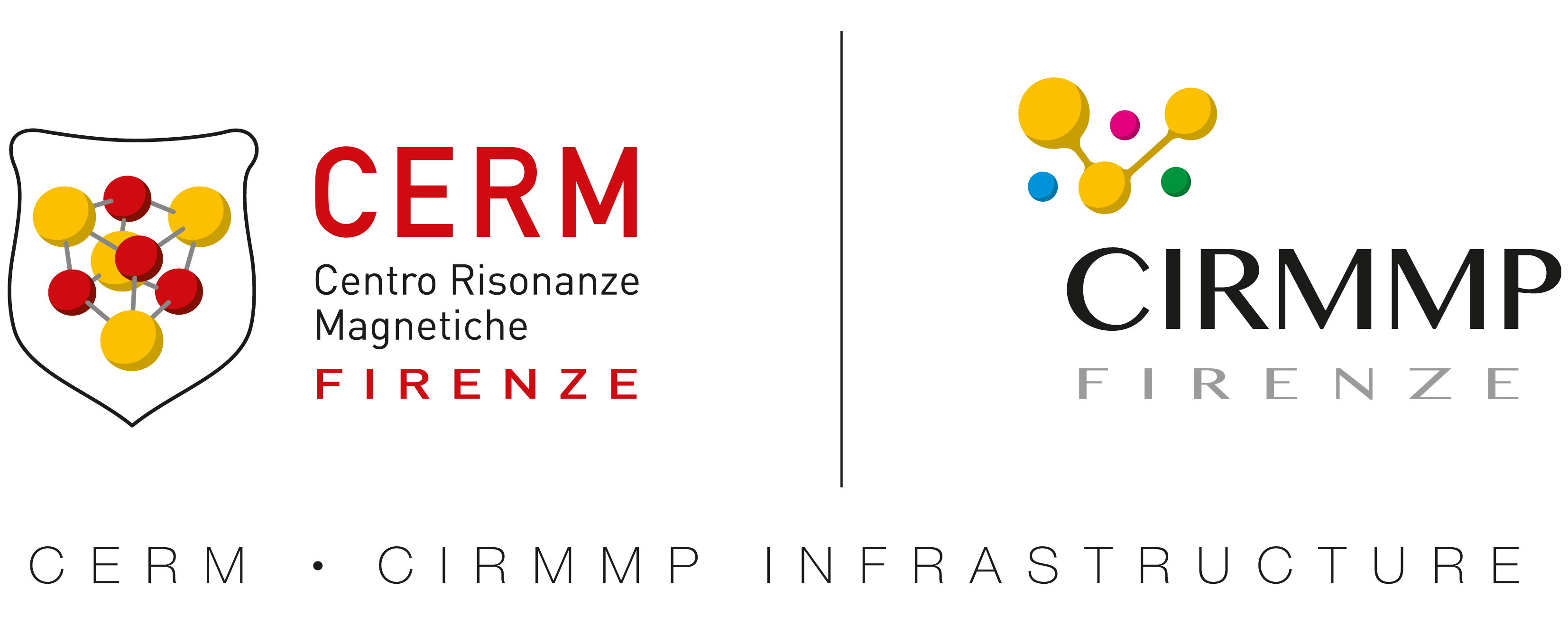RTD Project Title: Field cycling NMR Relaxometry
Contract N°: ERB FMGE CT95 0002
Name of Contract Manager : Ivano Bertini
Contractual period : 01/02/1996 to 01/02/2000
Partnership Summary
1 SON NMR UTRECHT
2 CIRMMP FLORENCE
3 UNIFRA NMR FRANKFURT
4 STELAR
COORDINATOR
1. Prof. Robert Kaptein
SON NMR LSF, Utrecht University
OTHER PARTICIPANTS
2. Prof. Ivano Bertini, CIRMMP, University of Florence
3. Prof. Heinz Rueterjans, Johann Wolfgang Goethe Universitaet Frankfurt
4. Dr. Stanislav Sykora, STELAR (I)
PROJECT OVERVIEW
NMR fast field cycling (FFC) relaxometer is a unique method of measuring the longitudinal nuclear magnetic relaxation times (T1) at varying magnetic field strenghts. The T1 dispersion curves are at present used in basic and applied research in biochemistry and biology as well as in other fields like medial diagnostics and material sciences. There is an excellent application potential whereever the desired characteristics of a material depend intimately upon its molecular dynamics and/or aggregation state. The present application combines: 1) the technological expertise offered by a company with many years of experience in the field of instrumental measurements of nuclear relaxation parameters; 2) the complementary expertise of three large laboratories in the field of theory and applications of relaxation to the understanding of structural and dynamic properties of biological macromolecules. This is a unique combination of know-how and interest. Our objective is the development of an FFC relaxometer which will
a) combine reasonable operating costs with high sample throughput
b) combine ease of use with research-grade versatility
c) permit the measurement of cross relaxation time dispersion profiles.
A prototype of the FFC relaxometer under development will be made available at an early stage in one of the facilities associated in the cluster. The prototype will be used as a benchmark for testing theories and novel applications. It is expected that this activity will produce a very effective real-time feedback for the successive technological development.
